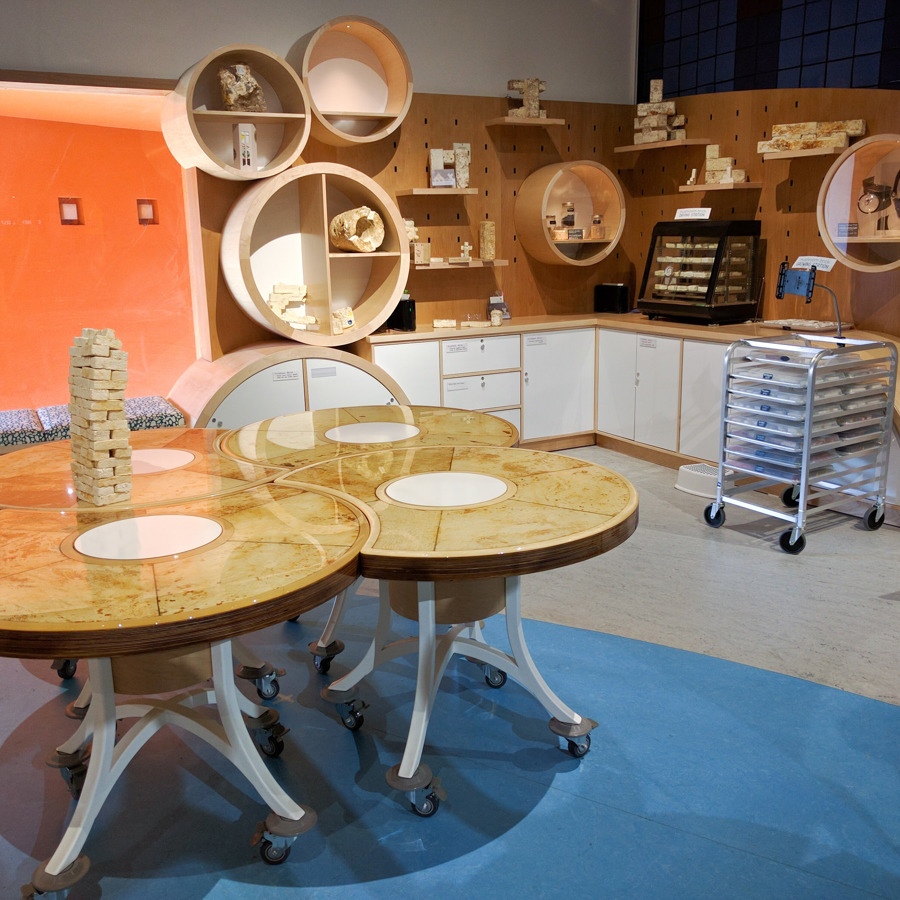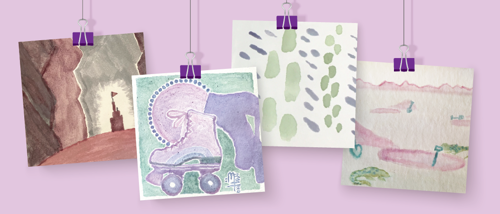In this evolving workspace, you can try creative biodesign activities, explore genetics with scientists from Stanford, participate in community projects, and experiment with new biotechnology.

Cabbage Paints

Cabbage isn’t just for eating! In this activity, explore the color changing properties of paints created from red cabbage. Use your vivid color palette to create your own works of art!
Session times vary. Please check upon arrival for session times.
ChromoZONE
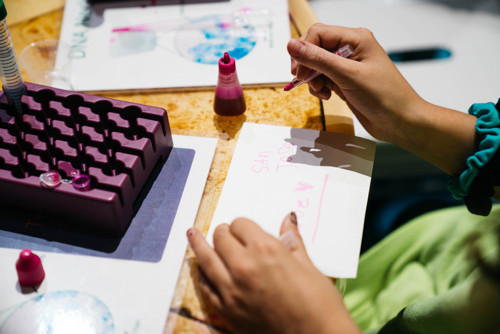
Explore the exciting world of genetics by doing experiments and activities with scientists from Stanford University. Activities on rotation include:
- Ancient DNA Stories
- CSI: San Jose
- Draw with DNA
- PTC Taste Genetics
Session times vary. Please check upon arrival for session times. Activities last 15-20 minutes.
Biotinkering in the Classroom
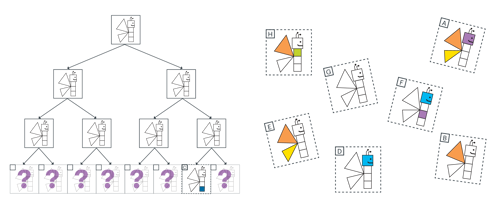
These biotinkering lesson plans are specifically designed for a classroom setting.
Try our virtual biology programming for educators.
- Book-a-STEMbassador: In this free virtual experience, volunteer scientists will engage with your students for 30-60 minutes sessions via Zoom.
Ask a Geneticist Blog
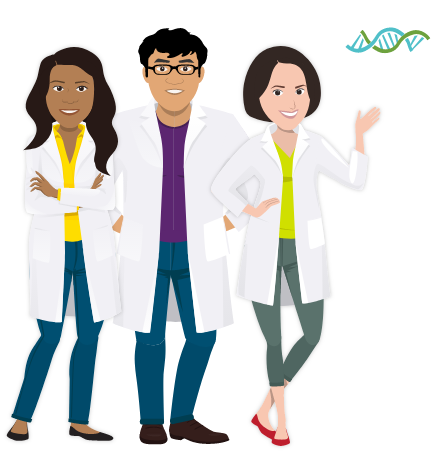
Ever wondered why crabs can regenerate limbs while humans can’t? Or exactly how related Joffrey, Tommen, and Mycella Lannister are? Or how two brown-haired parents can have a blond child?
Browse through answers to hundreds of genetics questions like these, answered by scientists from Stanford.
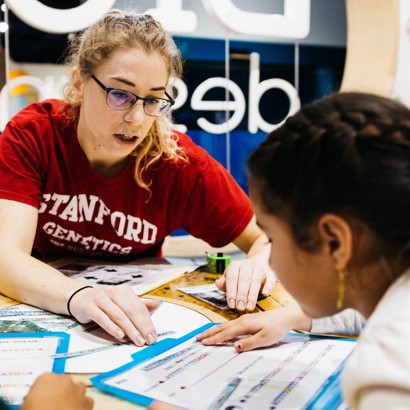
Behind the BioTinkering Lab
Learn more about why and how we research, design, and develop these cool experiences!
 Skip Navigation
Skip Navigation

